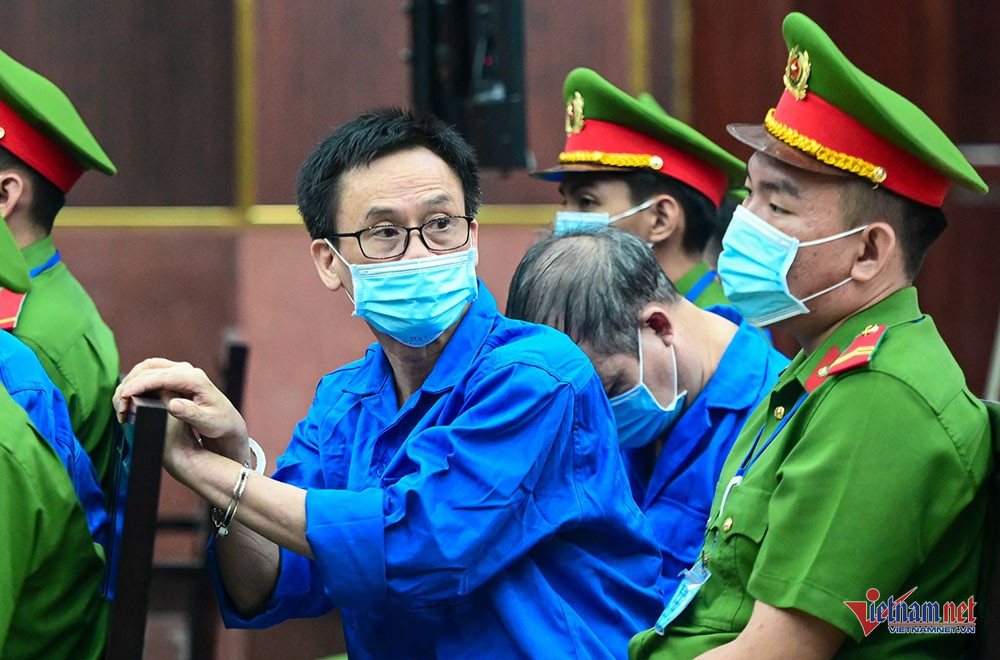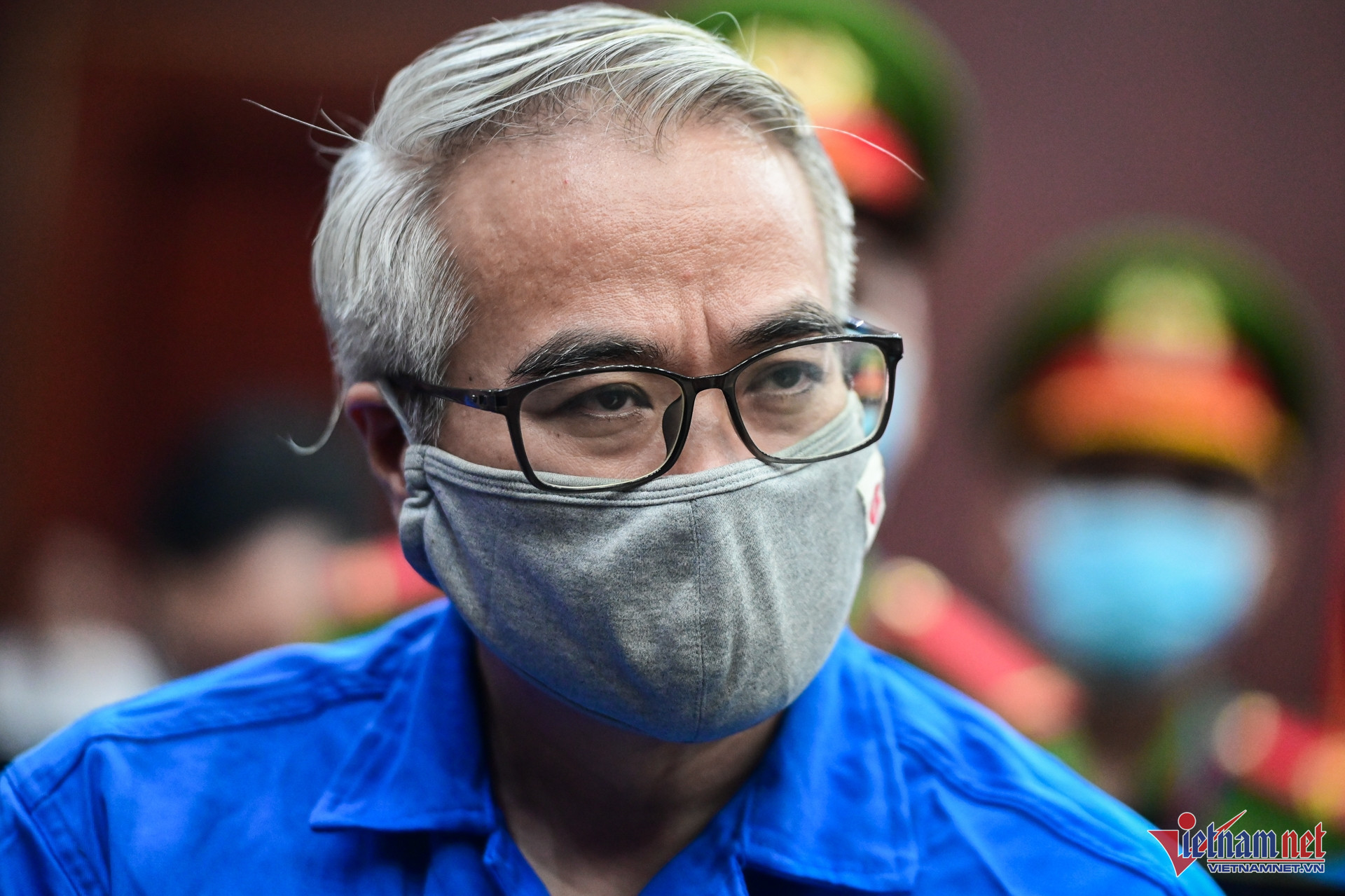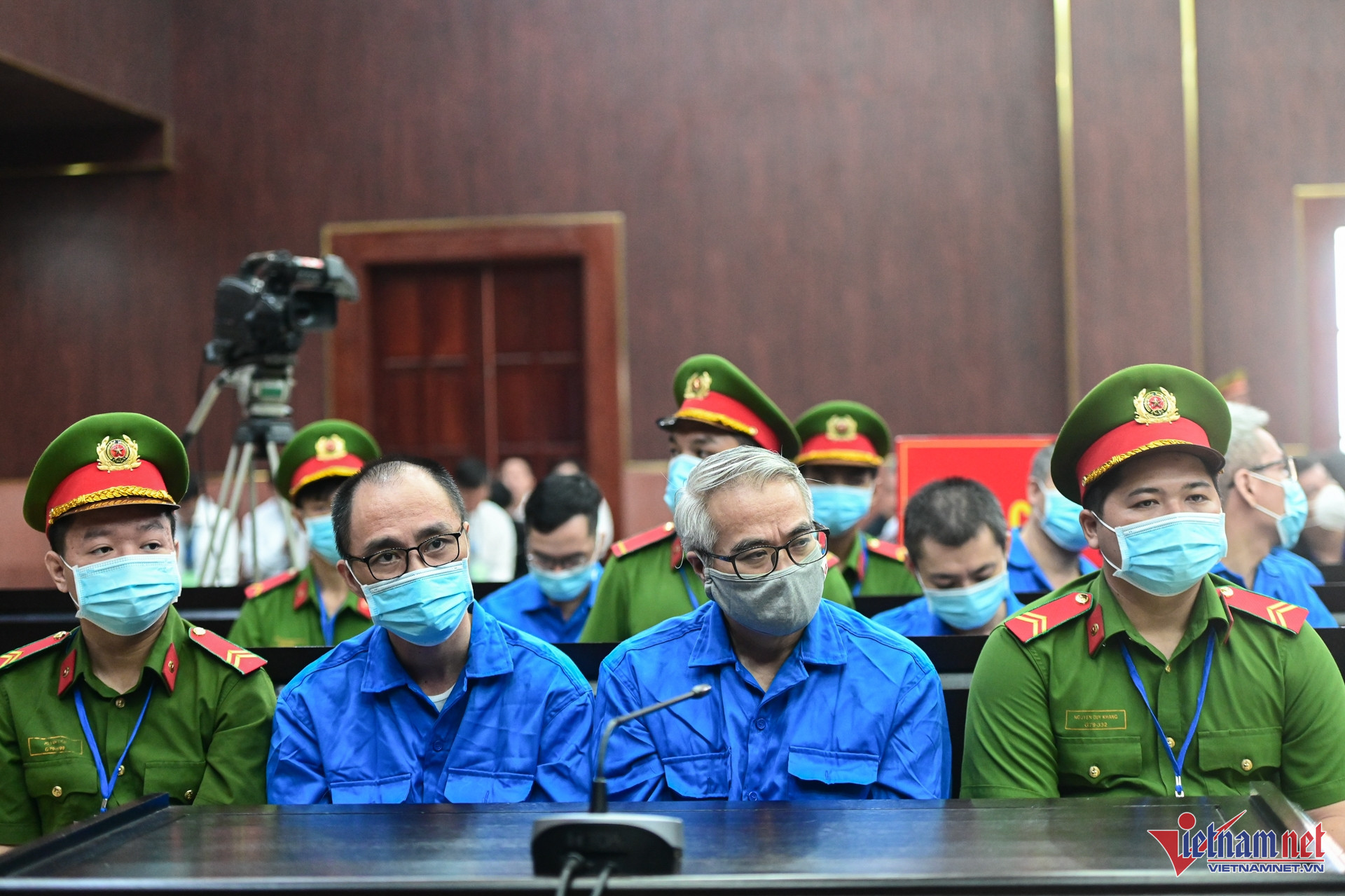On January 10, the appellate trial of the two former Vietnam Register heads and their accomplices entered the debate phase. Before deliberations began, the prosecution presented its case.
According to the prosecutor, while serving as directors of the Vietnam Register, Tran Ky Hinh and Dang Viet Ha were entrusted with overseeing and directing the agency’s operations.
However, they failed to fulfill their duties, neglected oversight, and implemented unlawful policies.
This dereliction of duty allowed systematic corruption to persist for years across the Vietnam Register’s offices, inspection centers, and regional branches nationwide.
Serious violations and corruption charges

Tran Ky Hinh, upon discovering internal corruption, not only failed to address the issue but accepted bribes to overlook violations.
He received 7.1 billion VND (approximately 289,000 USD) in bribes to approve operating licenses for vehicle inspection centers, ignore procedural violations during vehicle inspections, and authorize design approvals for waterway vessels.
Hinh also misused his authority to unlawfully approve 63 applications for shipbuilding facility certifications, resulting in severe consequences.
Similarly, after succeeding Hinh as director, Dang Viet Ha escalated the corruption scheme by increasing his share of illicit proceeds.
Ha accepted bribes totaling 40.2 billion VND (approximately 1.64 million USD), with 8.5 billion VND (approximately 347,000 USD) directly benefiting him.
Recommendations for reduced sentences


During the appellate trial, defense attorneys cited mitigating circumstances to request leniency.
The prosecutor acknowledged new evidence of reparations made by defendants, including an additional 2.6 billion VND (approximately 106,000 USD) by Dang Viet Ha and 4 billion VND (approximately 164,000 USD) by Tran Ky Hinh.
As a result, the prosecutor recommended a 1–2 year reduction for Ha, whose initial sentence was 19 years, and a 2–3 year reduction for Hinh, who was sentenced to 25 years.
For other defendants, reductions ranging from 6 months to 3 years were suggested. Five defendants, including Nguyen Ngoc Hung and Nguyen Cong Tung, were recommended for suspended sentences due to mitigating circumstances.
The court also dismissed appeals from defendants Hoang Xuan Thao and Vu Hong Quang, who voluntarily withdrew their appeals.
However, for 13 individuals whose sentences were deemed too lenient, the prosecution proposed increases of 9–12 months to 1–2 years.
These cases underscore the severity of corruption and its systemic impact within regulatory institutions.
Thanh Phuong